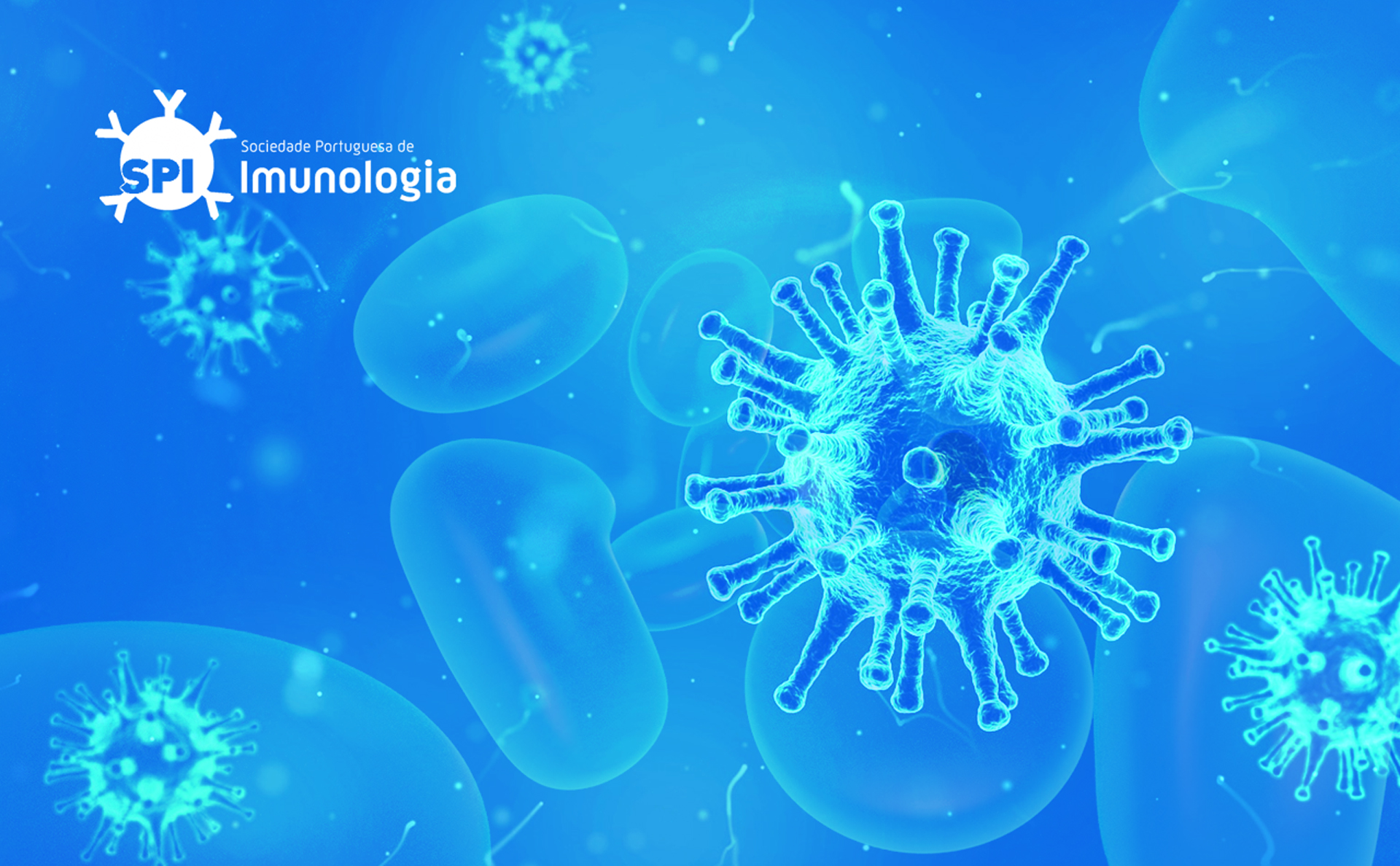By Bruno Silva-Santos and Catarina Almeida
The 7th European Congress of Immunology (ECI) took place in Dublin (Ireland), between 1-4 September 2024, and had a strong participation from Portugal, namely 10 oral and 12 poster presentations. Ana Luísa Correia (F. Champalimaud) presented her work on NK cell-mediated surveillance of breast cancer dormancy in the liver in the cancer immunotherapy symposium; and the 9 workshop presenters were Carlos Minutti (F. Champalimaud), Catarina Almeida (U. Aveiro), Margareta Correia (IPO Porto), Pedro Moura-Alves (i3S), Inês Lorga (Elva Bonifácio’s lab, i3S), Beatriz Santos-Pereira and Eduarda Leite-Gomes (Salomé Pinho’s lab, i3S), and Rafael Blanco-Dominguez and Rúben Pinheiro (Bruno Silva-Santos’s lab, iMM). There were additional poster presentations from the Catarina Almeida (U. Aveiro), Salomé Pinho (i3S), Gabriela Santos-Gomes (IHMT), Vera Martins and Luís Moita (IGC), and Marc Veldhoen and Luís Graça (iMM) laboratories. In fact, Tomás Guerreiro from the Graça lab won one of the Best Poster awards for their work titled Identification of relevant tissue-specific factors regarding the formation and maintenance of human tertiary lymphoid structures. Also of special note, Inês Lorga won a Bright Sparks award for her abstract on the role of meningeal IL-17-producing gd T cells in neonatal Goup B Streptococcus meningitis; and
As usual, this 7th ECI congress brought together thousands, approximately 2,600 delegates from all the European Immunological Societies under EFIS. There were outstanding plenary lectures by Judi Allen, Jim Allison and Tak Mak, among others. One of the highlights was a provocative plenary talk by a major local reference, Luke O’Neill, who proposed that inflammatory diseases are the result of mitochondrial dysfunction, as he recently discussed in Nature (PMID: 38326590). A keynote lecture that generated much discussion was given by Yasmine Belkaid, who presented unpublished data describing a novel type of immune cell involved in lactation. Besides more conventional symposia on infection, cancer or autoimmunity, there were others on Neuroimmunology, Immunometabolism, AI/ computational and single-cell approaches, stromal cells, (not so) sterile inflammation, or sex differences in immune responses; and a striking total of 74 thematic (parallel) workshops.
The next ECI will take place in Florence between 5-8 September 2027, organized by the Italian Society of Immunology. At the EFIS General Assembly it was also decided where the 2030 edition will be held, with Copenhagen winning the bid for the Scandinavian Society of Immunology. We take this opportunity to strongly encourage SPI members to participate in upcoming editions of the ECI J












